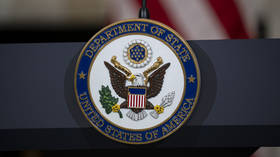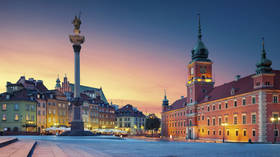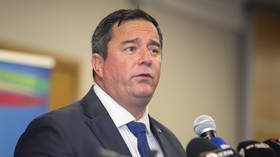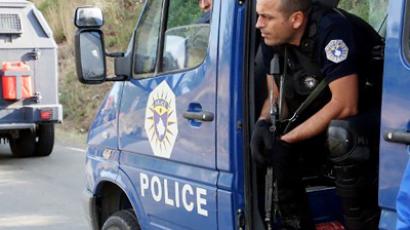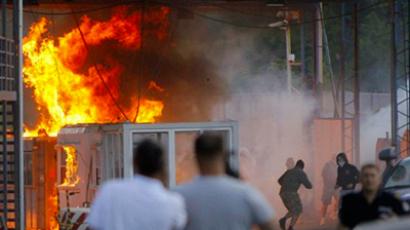Fears rise of Pristina subduing North Kosovo by force
Tensions are growing in North Kosovo, as the UN plans emergency debates over a possible repeat of recent clashes on the Serbian border. Russia's ambassador to the UN is worried the international peacekeeping forces are taking sides in the conflict.
The UN Security Council will focus on a July incident in which Kosovo's authorities sent police to border posts in the north to enforce a ban on imports from Serbia. This move, widely criticized as provocative, resulted in clashes with local residents, who are mostly ethnic Serbs unwilling to acknowledge Kosovo’s independence from Serbia. In these clashes, a border post with Serbia was burned down, a Kosovo policeman was killed and several others were wounded. NATO had to deploy peacekeepers in the area to break up the two parties. But Vitally Churkin, Russia’s ambassador to the UN, is worried that NATO, instead of fulfilling its peacekeeping function, is siding with the Albanian authorities. “Another very disturbing element in this situation is the international presence, which is there to preserve peace,” Churkin told RT in an exclusive interview. “They seem to be cooperating with this very dangerous plan of the Albanian authorities.”The Albanian plans for northern Kosovo are far from democratic, he added. “The intension was announced by the Kosovo-Albanian authorities in Pristina basically to take over northern Kosovo by force,” Churkin stated. “They are citing all sorts of arrangements about the customs situation at the administrative border between Serbia proper and the province of Kosovo. Potentially it may create clashes and a crisis there.” Watch RT’s full interview with Vitally Churkin Kosovo's ethnic Albanian majority declared independence from Serbia in 2008. The northern area of the newly proclaimed country, along with Serbia itself, has refused to accept the mandate of the Pristina government.




